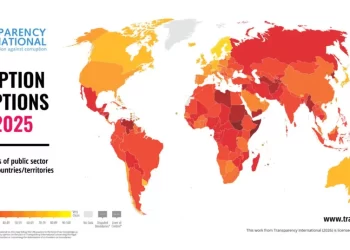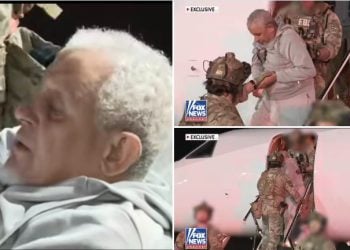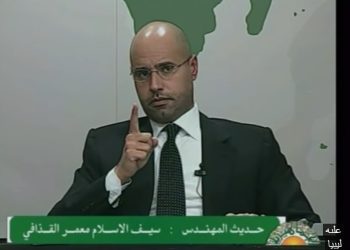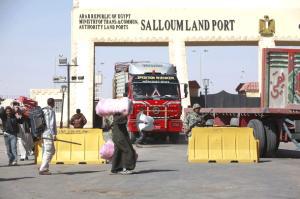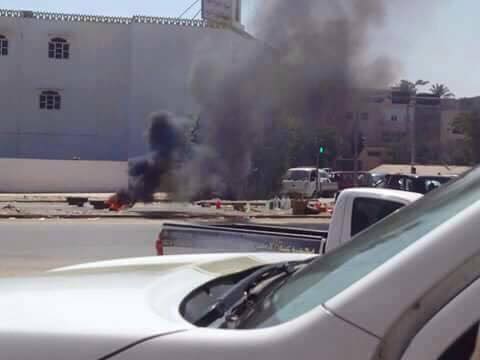By Libya Herald reporters.
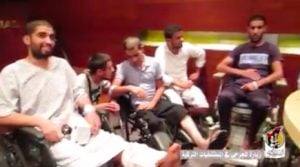
Tripoli, 11 July 2016:
As Misrata Central hospital announced that so far 240 had been killed and 1,300 injured in the assault on IS in Sirte, the Presidency Council has promised financial support for bereaved families.
Praising the bravery of all those involved in the Bunyan Marsous operation, including ambulance drivers and Red Crescent paramedics, the PC said that their sacrifices would be recognised with medals.
It said that the health ministry had been instructed to set up a special battlefield trauma unit at Mitiga hospital, to take the pressure off facilities in Misrata. The PC also said that it would pay for private treatment for the wounded at clinics in Tripoli and Misrata.
Bunyan Marsous today published footage of recovering wounded fighters being interviewed in a Turkish hospital to which they had been flown.
IS terrorists no longer have access to such treatment. This paper has been told that there are no field treatment stations in what is left of IS-controlled Sirte. Wounded fighters are trucked away to rear, where they can expect minimal attention.
Battlefield advances today have been limited while artillery, rockets, warplanes and a helicopter gunship have targeted terrorist positions, principally around the Ouagadougou Centre.
In a sign that the community is trying to get back to normal in the town, the local council has called a Misrata meeting this Sunday of local bank bosses. LANA has reported that the directors of the six commercial banks that have operated in Sirte, along with the head of the local Central Bank of Libya are involved.
It seems likely that the meeting will look at the speed with which the banks can get their branches in the town up and running again and the vexed question of providing enough local liquidity at a time when there is a severe cash shortage everywhere else in the country.
Lack of cash is also stymying the efforts of Tarhouna municipality to look after 3,000 Sirte families who have fled there. The council says that no money has been forthcoming from central government. Their only funding sources have been UNSMIL, the Social Security Fund and the charity run by telephone company Al-Madar. This, complains the council, is sufficient to look after just 400 families.



